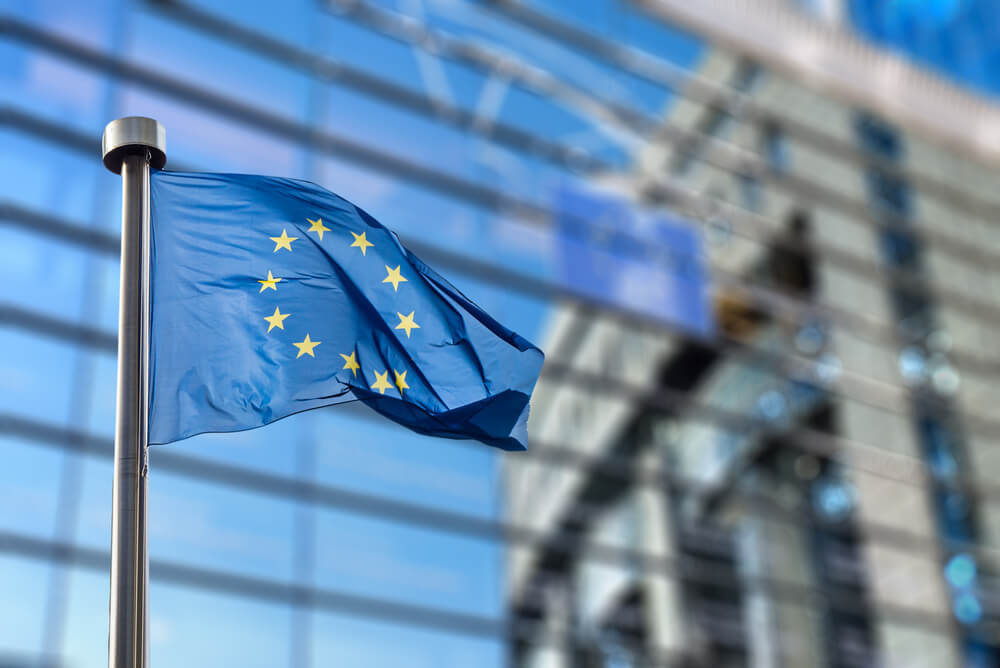Earlier this year, the Federal Senate approved the substitute to Bill No. 4,401/2021, originating from the House of Representatives (PL No. 2,303/15), which aimed to regulate crypto assets in Brazil. The text returned to the House of Representatives for voting on the so-called Regulatory Framework of the crypto asset market.
However, a new Bill (PL 2681/2022) was introduced in the House of Representatives on October 26 to complement the previous proposals.
The text, authored by Senator Soraya Thronicke (UNIÃO party/MS state), includes recommendations from the Bank of International Settlements (BIS), and stresses that “there is no legal or even business justification for companies in the crypto asset segment to continue operating out of a legislation”.
Who will be responsible for regulating crypto assets?
After approval, the law becomes effective after 180 days from publication in the Federal Register. This is the deadline for the government to appoint the regulatory body through a decree.
The responsibility for regulating crypto assets and financial assets in the country should be assigned to the Central Bank or the Securities and Exchange Commission (CVM).
The CVM issued on October 11 an opinion on the subject, in which it highlights that the tokenization of assets is not subject to prior approval or registration by the body, but issuers and the public offering of tokens will be subject to regulation, as well as the administration of the organized market.
“The opinion acts as a recommendation and guidance to the market, intending to ensure greater predictability and security for all, as well as contribute towards investor protection and popular savings, and to foster a favorable environment for the development of the crypto economy, with integrity and adherence to relevant constitutional and legal principles”, said the president of the body, João Pedro Nascimento.
What are the challenges of regulating crypto assets in Brazil?
In the assessment of the author of PL 2681/2022, Soraya Thronicke, although it is essential to establish mechanisms to regulate the market, “overregulation” can impact the sector’s growth. Even so, she defends the requirement for companies operating in Brazil to have a National Registry of Legal Entity (CNPJ).
The view is contrary to the CEO of Transfero, Thiago Cesar, who believes that the regulation should be based on freedom, without restrictions for companies with headquarters outside the country. According to Cesar, this may hinder the performance of international exchanges and raise the price of crypto assets, reducing the supply and quality of services.
“The crypto market was already born without geographical boundaries, without barriers or abstractions that, in practice, have no bearing whatsoever on a digital asset that can be transacted peer-to-peer, from one wallet to another”, he said.”So trying to regionalize or restrict the industry this way is almost a paradox”.
In addition, the original text of PL 4.401/2021 established the asset segregation of financial resources of investors and virtual asset service providers in order to protect users’ investments.
However, the current version excluded this item. While some views consider such segregation essential to ensure the safety of investors, Transfero’s CEO fears that the measure could affect market liquidity.
“We understand that exchanges should not do as they please with their client’s money, but the segregation of crypto assets to isolate users’ liquidity in a controlled environment in Brazil goes against the global aspect of crypto”, he pointed out.
Taxation of crypto assets proves that the market is already regulated in Brazil
“It is important to stress that the market is already regulated because all laws are valid for crypto”, said lawyer and taxation expert Eduardo Gomes during the Payment Revolution event, mentioning that there is a false perception that the activity is not regulated.
According to him, the laws are already applied since the tax legislation includes crypto operations through normative instruction 1888.
“New technological solutions should not be strangled”, added Daniel de Paiva Gomes, a lawyer and author of two editions of the book “Bitcoin: the taxation of crypto assets”.
What is on the agenda in the crypto asset regulation projects?
Besides the requirement for companies in the sector to have a CNPJ in the country, the proposals in progress create rules to prevent fraud and money laundering, for example. Check out some details below.
Definition of crypto assets

The regulatory framework proposes to define crypto assets as “a digital representation of value that can be traded or transferred by electronic means and used to make payments or for investment purposes”, except for traditional national currencies and assets that are already defined in law.
Prevention of fraud, money laundering, and terrorism financing
The projects also bring the criminal provision of “fraud in the provision of services of virtual assets, securities or financial assets”, commonly known as “financial pyramid”.
The wording, which proposes to amend the Penal Code to include the new provision, states that it is a crime to “organize, manage, offer wallets or intermediate operations involving virtual assets, securities or any financial assets to obtain an illicit advantage, to the detriment of others, inducing or keeping someone in error, through artifice, ruse, or any other fraudulent means”.
The bill proposes a sentence of four to eight years in prison, plus payment of a fine for anyone who commits financial crimes involving crypto assets.
Provision of services in virtual financial assets
According to the proposals, a virtual asset service provider is the legal entity that performs, on behalf of a third party, services such as the exchange between digital assets and domestic currency, foreign currency or even other virtual assets; or transfer, custody, administration, issuance or sale of these assets.
This provision of services must observe some guidelines:
- free enterprise and free competition;
- good governance practices;
- information security and personal data protection;
- protection and defense of consumers and users;
- protection of public savings;
- solidity and efficiency of the operations;
- prevention of money laundering, terrorism financing, and proliferation of weapons of mass destruction.
Digital asset service providers will only be able to operate in Brazil after prior authorization from the regulator.
NFTs Still Unregulated
Non-fungible tokens (NFTs) remain unregulated as bills define these assets as digital certificates.
How is crypto regulation progressing in the world?

There are diverse rules in various countries, but Europe’s Markets in Crypto-Assets (MiCa) is the most advanced proposal.
MiCa establishes rules for both stablecoins, which are backed by fiat currencies, and other assets, issuers, and wallets, but it is expected to come into effect only in 2024.
In the United States, the regulation of crypto assets is being analyzed by the Securities and Exchange Commission (SEC). In September this year, the institution’s chairman, Gary Gensler, stated that the regulation could not diverge from the rules regarding securities.
On the other hand, Australia has begun reviewing crypto assets in the country. According to a statement from the country’s treasurer, Jim Chalmers, a “token mapping” is to be done by the end of this year.
According to the statement, the Australian Taxation Office estimates that since 2018 more than one million taxpayers have interacted with the crypto ecosystem in the country.
There is also an expectation that the G20 countries will present a proposal for crypto assets regulation, in addition to several nations that, like Brazil, are discussing bills on the subject.







